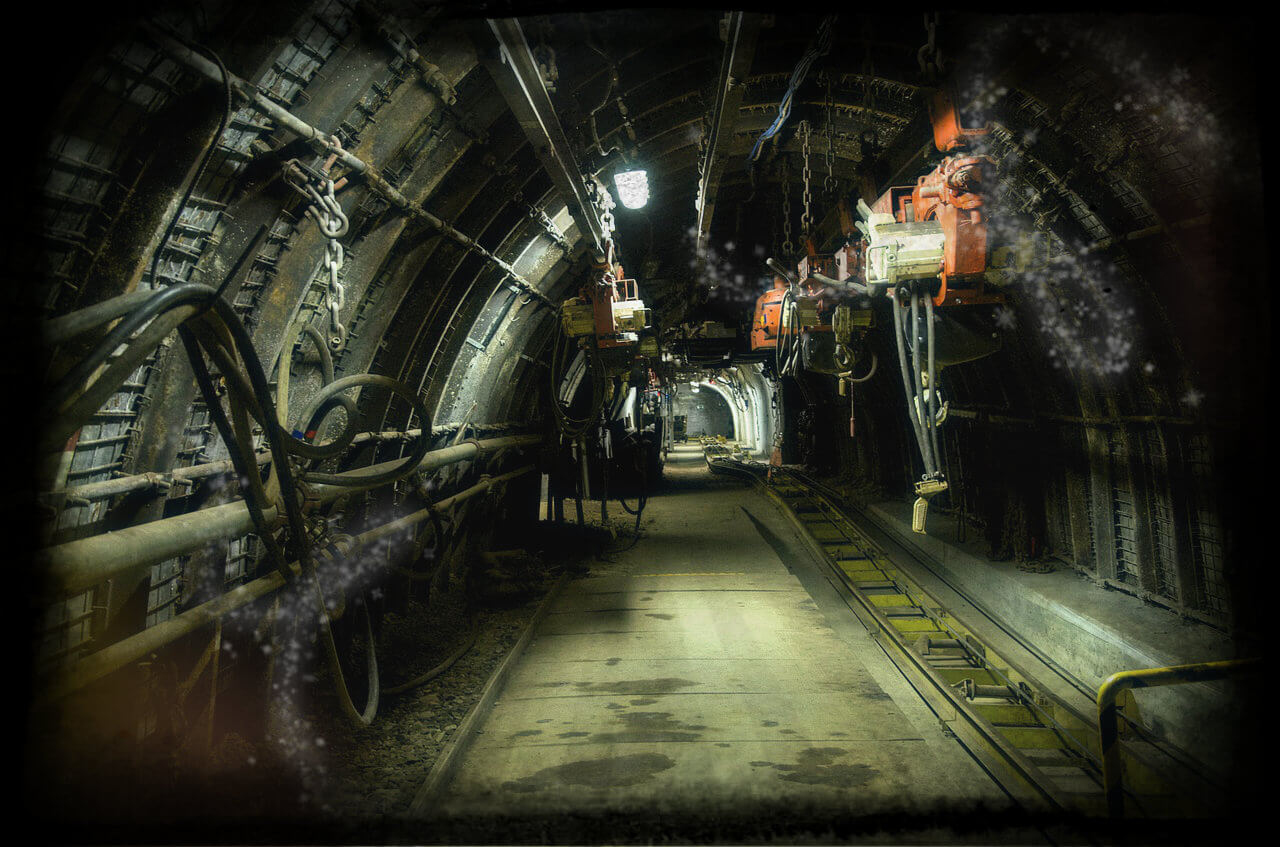
Although some view bitcoin miners as the de facto trusted third party in what is supposed to be a decentralized system, the reality is these users don’t wield as much power as some would think. In the past, Coinbase CEO Brian Armstrong has argued that miner voting is Bitcoin’s built-in upgrade mechanism, but Bloq Economist Paul Sztorc took issue with this view in a recent presentation.
In Sztorc’s view, miners are reacting to users (via price speculation) instead of putting their own policies into place. He also believes the ability for users to switch to a blockchain with a different proof-of-work algorithm essentially gives them the ability to fire all of the miners if they misbehave.
“Changing the proof-of-work function is a trivial detail for programmers, a temporary inconvenience for users, and permanently devastating for miners,” said Sztorc. “They’re not in a position to make threats, which is the source of all power.”
Creating Something Useful
According to Sztorc, the holders of power in Bitcoin are the users who had a transactional need solved for them by Satoshi Nakamoto when the network was launched in 2009. “The root problem with conventional currency is all the trust that’s required to make it work,” wrote Nakamoto in 2009.
Nakamoto created a censorship-resistant digital payment system, which proved to have value to those who could not use traditional online payment methods such as PayPal or credit cards. Up to this point, the darknet markets have likely been the best illustration of this point. Although people need Bitcoin for a variety reasons, the vast majority of use cases tend to involve some sort of regulatory arbitrage.
Since some people need Bitcoin, speculators are able to do intertemporal arbitrage. “As a result, they create a spot price [for bitcoin],” noted Sztorc during his presentation.
In other words, the speculators directly affect the purchasing power of the block reward and transaction fees associated with a block. Ethereum Classic’s resurgence after being listed on cryptocurrency exchange Poloniex was an illustration of this point. Miners came back to that original version of the Ethereum blockchain because speculators thought it had value as an immutable alternative to the hard-forked version of Ethereum.
Mining Follows the Value Created by the Node Network
During his presentation, Sztorc went through what he perceives as the source of power in Bitcoin governance. “The users have some need,” Sztorc began. “The developers attempt to meet that need. Investors assess whether or not developers have succeeded, or they anticipate success in the future. This assessment causes the current quantity of mining.”
“In my view, miners are lowest in the hierarchy of influence,” Sztorc added.
Sztorc also referred to bitcoin mining as a shadow of value created by the node network. “Mining is caused, it is not a cause,” he stated.
Miners are essentially forced to react to changes in demand for a bearer ecash, changes to the codebase by developers, and waves of speculation on the market.
Miners Aren’t Privileged
One final point Sztorc made in regard to miners’ role in the Bitcoin hierarchy is that the low amount of power held by miners means the “centralization” of hashing power in China may be an overblown issue.
“It conflates geographic concentration with the idea that something has a center that is privileged,” said Sztorc. “So, you could go to Mastercard headquarters and prevent Wikileaks from getting money. PayPal, e-gold, Liberty Dollar, Liberty Reserve — these are examples of a centralization that is completely different from [what we see in Bitcoin].”
As mentioned before, users are able to fire the miners via a change in the proof-of-work algorithm, so having the vast majority of mining power in one jurisdiction shouldn’t be a major issue. If the Chinese Government were to seize all of the bitcoin mining equipment in the country, it may make more sense for them to continue mining because at least that way they could get some money out of their operation. Otherwise, the proof-of-work function will be changed, the equipment will become useless, and people would still be able to use a new version of Bitcoin.

